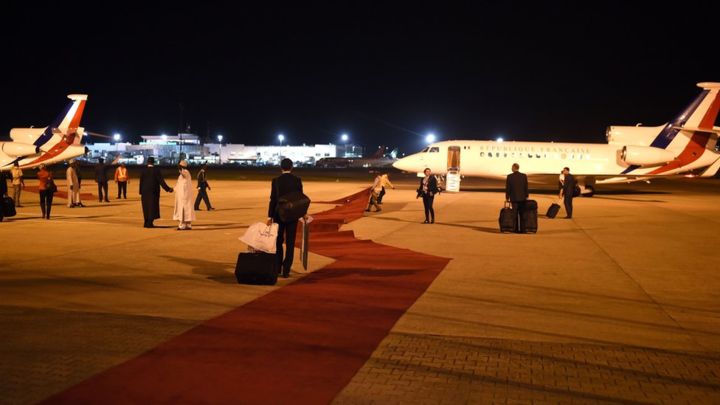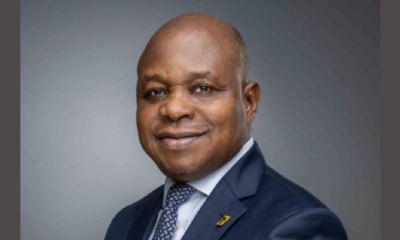The Major Energies Marketers Association of Nigeria (MEMAN) has launched a collaborative initiative to mitigate these incidents.
This effort was announced by MEMAN’s Executive Secretary, Mr. Clement Isong, during a stakeholders meeting held in Lagos on Wednesday.
The emergency meeting aimed to address the increasing frequency of truck accidents and explosions, bringing together key industry stakeholders including the Depot and Petroleum Products Marketers Association of Nigeria (DAPPMA), the Nigerian Association of Road Transport Owners (NARTO), and MEMAN’s Health, Safety, Security, Environment, and Quality (HSSEQ) Committee.
Regulators represented at the meeting included the Lagos Sector Commander of the Federal Road Safety Corps (FRSC) and the Nigerian Midstream and Downstream Petroleum Regulatory Authority (NMDPRA).
“This meeting is the first in a series of urgent actions aimed at addressing the recent spike in truck accidents and explosions,” Isong stated.
“The analysis of several petroleum tanker-related crashes over the past four months revealed several root causes including bad roads, inexperienced drivers in oversized trucks, and a lack of truck maintenance.”
Isong emphasized that the initiative focuses on fostering collaboration among regulators, operators, and law enforcement agencies to implement preventive measures. Key proposed measures include driver training, truck maintenance, fleet renewal, and the integration of technology in operations.
To ensure the effectiveness of these measures, MEMAN highlighted the need for mandatory annual training for all drivers at FRSC-approved centers.
Also, marketers are urged to reject underage or untrained drivers and insist on biannual comprehensive integrity evaluations for all trucks transporting petroleum products.
“Marketers must phase out old trucks and replace them with new ones equipped with modern safety features such as anti-lock braking systems (ABS), anti-rollover, anti-spill, anti-skid, speed limiters, onboard computers, and cameras. Trucks over 15 years old should be repurposed for non-hazardous cargo,” Isong added.
The stakeholders also stressed the importance of technology integration. This includes fitting trucks with onboard computers and tracking devices, and establishing control centers to monitor truck movements and enforce journey management procedures.
During the meeting, Assistant Director/Head of DSSRI Southwest Zone at NMDPRA, Mr. Ibrahim Dimowo, noted that regulatory revisions would focus on updates and enforcement of truck specifications and loading limits.
He highlighted the need for implementing new technologies for incident detection and monitoring.
The Lagos Corps Commander of the FRSC, Patrick Davou, emphasized the necessity for strict enforcement of pre- and post-safe-to-load integrity inspections on trucks.
He also called for proper classification of driver’s licenses for transporting hydrocarbons and collaboration on the 5-pillar road safety initiatives.
The meeting concluded with a call for improved road infrastructure and a strong warning against the dangers of fuel scooping during truck accidents.
MEMAN’s proactive measures, supported by comprehensive regulatory and operational changes, aim to significantly reduce the incidence of catastrophic tanker explosions in Nigeria.
Recent tragic incidents underscore the urgency of this initiative. In April, a tanker explosion in Rivers State claimed five lives, including a pregnant woman, and razed 120 vehicles.
Another explosion in Delta State in May resulted in eight deaths, while a gas truck explosion in Abeokuta also led to fatalities.


 Naira5 days ago
Naira5 days ago
 Naira4 weeks ago
Naira4 weeks ago
 Naira4 weeks ago
Naira4 weeks ago
 Naira1 week ago
Naira1 week ago
 Naira4 weeks ago
Naira4 weeks ago


 Naira4 weeks ago
Naira4 weeks ago




 Naira2 weeks ago
Naira2 weeks ago


 Appointments3 weeks ago
Appointments3 weeks ago























